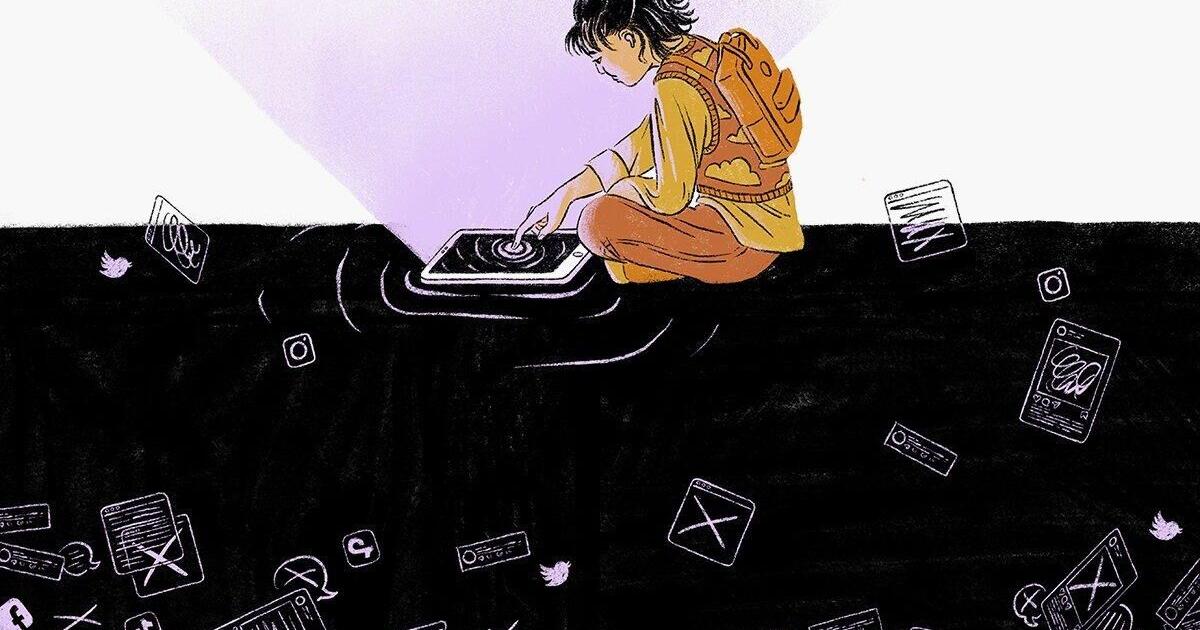- cross-posted to:
- technology@zerobytes.monster
- cross-posted to:
- technology@zerobytes.monster
They’ve grown up online. So why are our kids not better at detecting misinformation?::Recent studies have shown teens are more susceptible than adults. It’s a problem researchers, teachers and parents are only beginning to understand.



I had a class in 2nd grade back in like 2002 that taught us about how to spot fake websites, what TLDs meant, and witch ones we could probably trust. One of the examples was a fake site made either as a joke or for these kinds of lectures about tree squids. It was photoshopped octopuses high up in a tree. As with everything in the education system, it’s not that theyre not being taught these skills, the students are not interested in learning them. There are classes that taught me things that people who sat next to me in those classes denied beging taught.
Have you talked to a parent or child recently about current grade school? Tech literacy education has basically vanished, at least in US public schools. They pretty much expect kids to have figured out tech literacy in their own time, since computers and smartphones are so ubiquitous now.
I, too, had classes like what you described when I was in grade school, in addition to typing and Microsoft Office classes. The school I went to doesn’t have any of that anymore, just a couple carts full of Chromebooks that the students share for writing papers.
Considering I learned how to type from playing RuneScape, not from the 4 separate typing classes they put us through, I don’t really think most students would learn tech literacy from public education if they teach I or not. Look at the people complaining that no one taught them how to do their taxes dispute the mathematics required do your taxes being taught to 100% of the US population before they enter high school. It’s not the education system, kids don’t care. The only fix is to kake the kids care, but if you just push them through regardless of their qualifications for the next classes, no one cares if they fail. People would benefit a lot from learning how video games retain players because it’s exactly the same philosophy behind policies like no child left behind. They give out rewards to everyone regualrdless of performance or difficulty of content and people become complacent and comfortable. Unless you give incentive for progression, in this case probably the pressure of not going to the next grade with your peers, everyone will find a spot to spin their tires and do so until they run out of gas or the tire explodes. Meritocracies might not be perfect, but they’re core to a proper education system.
Again, I don’t think your experiences from 20 years ago are relevant to the current day. With how far smartphones have come, it’s actually very common for families to not own a single laptop or desktop computer. Modern children game on phones/tablets and consoles/handhelds way more than they do on computers. For many, school is really the only place they have access to a computer.
The above isn’t just relevant to typing - young kids are becoming increasingly ignorant of concepts that smartphones abstract away, e.g. filesystems
The experience from 20 years ago is that all of these people instantly forgot everything they learned and complained that they were never taught it. I don’t think you understand the problem here.
If that were true, nobody would be literate or be able to do basic arithmetic…
I see you failed to learn nuance in your schooling.